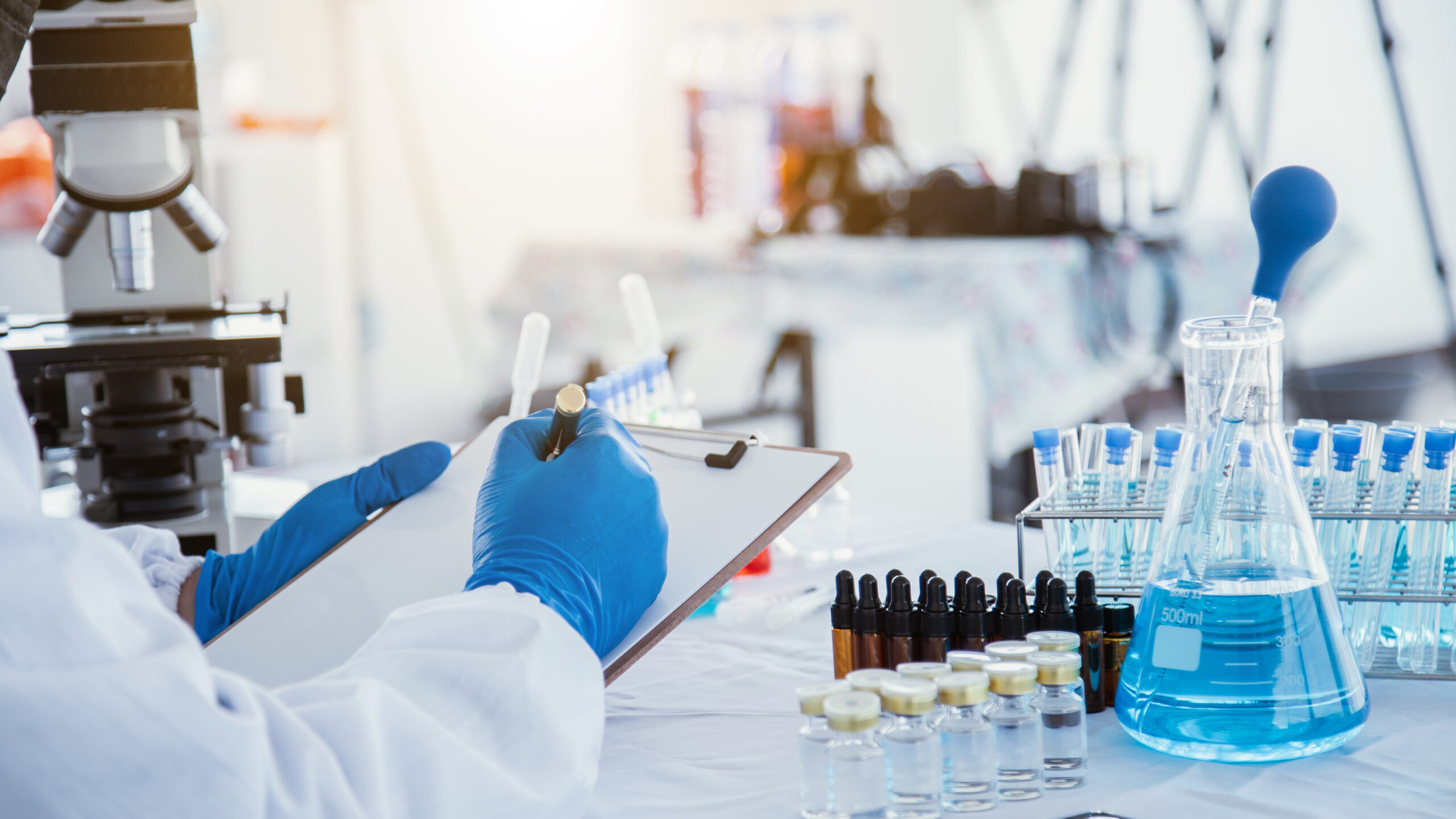One key aspect of quality assurance in pharmaceuticals involves strict adherence to microbiological standards set by the United States Pharmacopeia (USP). These standards are crucial for preventing microbial contamination that could compromise patient safety and product integrity. This blog will explore the role of microbiological USP standards in the pharmaceutical industry, explaining their importance, key components, and practical applications.
The United States Pharmacopeia (USP) is a non-profit organization that establishes standards for the quality, purity, strength, and consistency of drugs, food ingredients, and dietary supplements. These standards are used worldwide and are legally enforceable in the United States. Microbiological USP standards specifically address the acceptable levels of microorganisms in pharmaceutical products and the methods used to test for microbial contamination.
Microbiological contamination in pharmaceuticals can lead to serious health risks, including infections and adverse reactions. Adhering to USP microbiological standards ensures patient safety, product efficacy, regulatory compliance, and manufacturing integrity.
Microbiological USP standards encompass several critical tests and guidelines, including:
- Microbial Limits Testing (MLT): MLT ensures non-sterile pharmaceutical products do not contain harmful levels of specific microorganisms. The tests include quantitative and qualitative assessments of total aerobic microbial count and total yeast and mold count.
- Sterility Testing: Required for products labeled as sterile, such as injectables and certain ophthalmic solutions. Methods include membrane filtration and direct inoculation to detect any viable microorganisms.
- Endotoxin Testing: Detects bacterial endotoxins that could cause fever, shock, or other severe reactions, particularly in injectable products. The Limulus Amebocyte Lysate (LAL) test is the standard method for endotoxin detection.
- Antimicrobial Effectiveness Testing (AET): Evaluates the efficacy of preservatives in multi-dose products to prevent microbial growth over the product’s shelf life. Ensures that the preservatives used are effective in inhibiting microbial contamination.
To meet USP microbiological standards, pharmaceutical manufacturers must implement rigorous testing and quality control measures throughout the production process. Key steps include:
- Environmental Monitoring: Regular monitoring of cleanrooms and production areas to detect and control microbial contamination.
- Good Manufacturing Practices (GMP): Adhering to GMP guidelines, which include procedures for hygiene, sanitation, and controlled environments to prevent contamination.
- Routine Testing: Conducting routine microbiological tests on raw materials, in-process samples, and finished products to ensure compliance with USP standards.
- Validation and Verification: Regular validation and verification of testing methods to ensure accuracy and reliability of microbiological assessments.
While adhering to microbiological USP standards is essential, it can present challenges. Implementing and maintaining rigorous testing and monitoring programs can be resource intensive. Additionally, it requires specialized knowledge and expertise in microbiological testing and interpretation of results.
Microbiological USP standards play a crucial role in the pharmaceutical industry, ensuring that products are safe, effective, and free from harmful microorganisms. By adhering to these standards, manufacturers can protect patient health, comply with regulatory requirements, and maintain high-quality manufacturing processes. Despite the challenges, the benefits of upholding these standards far outweigh the costs, fostering trust and confidence in pharmaceutical products among healthcare providers and consumers alike.
If you need support with ensuring compliance to USP standards for your pharmaceutical operation, trust the microbiology experts at EMMA International to help! Call us at 248-987-4497 or email info@emmainternational.com to learn more!
FDA (Aug 2020) Pharmaceutical Microbiology Manual retrieved from: https://www.fda.gov/media/88801/download





